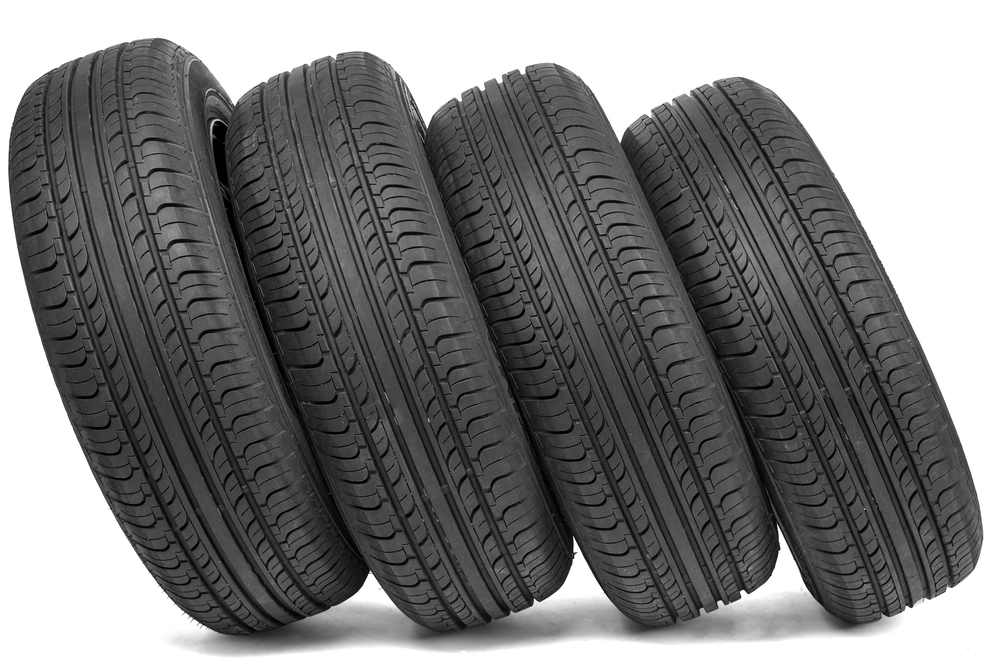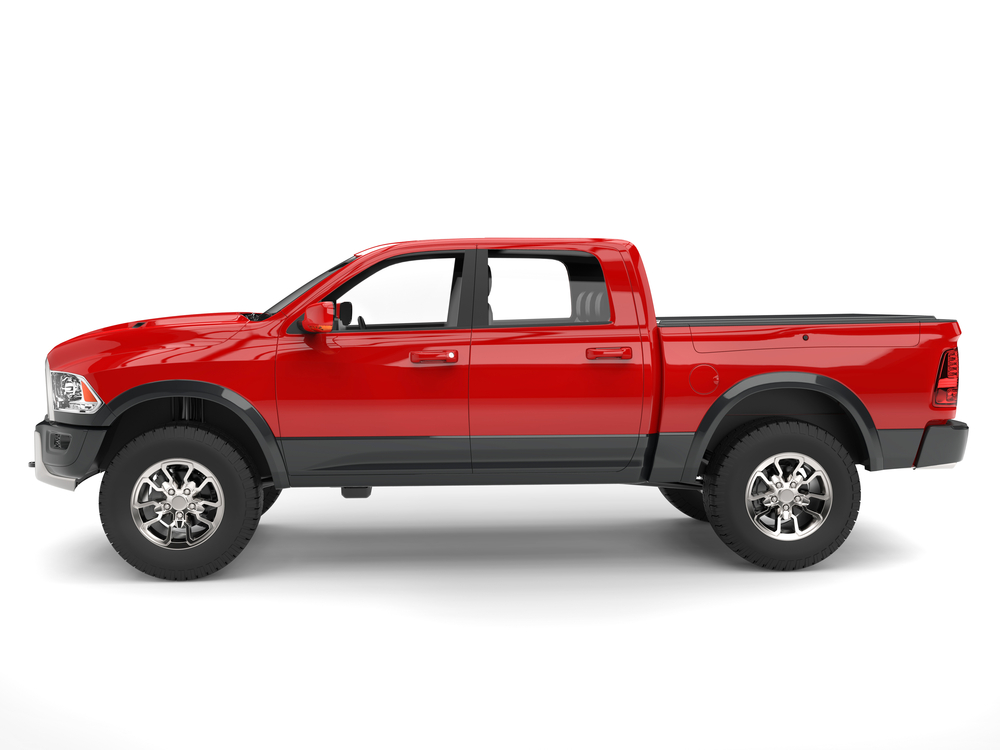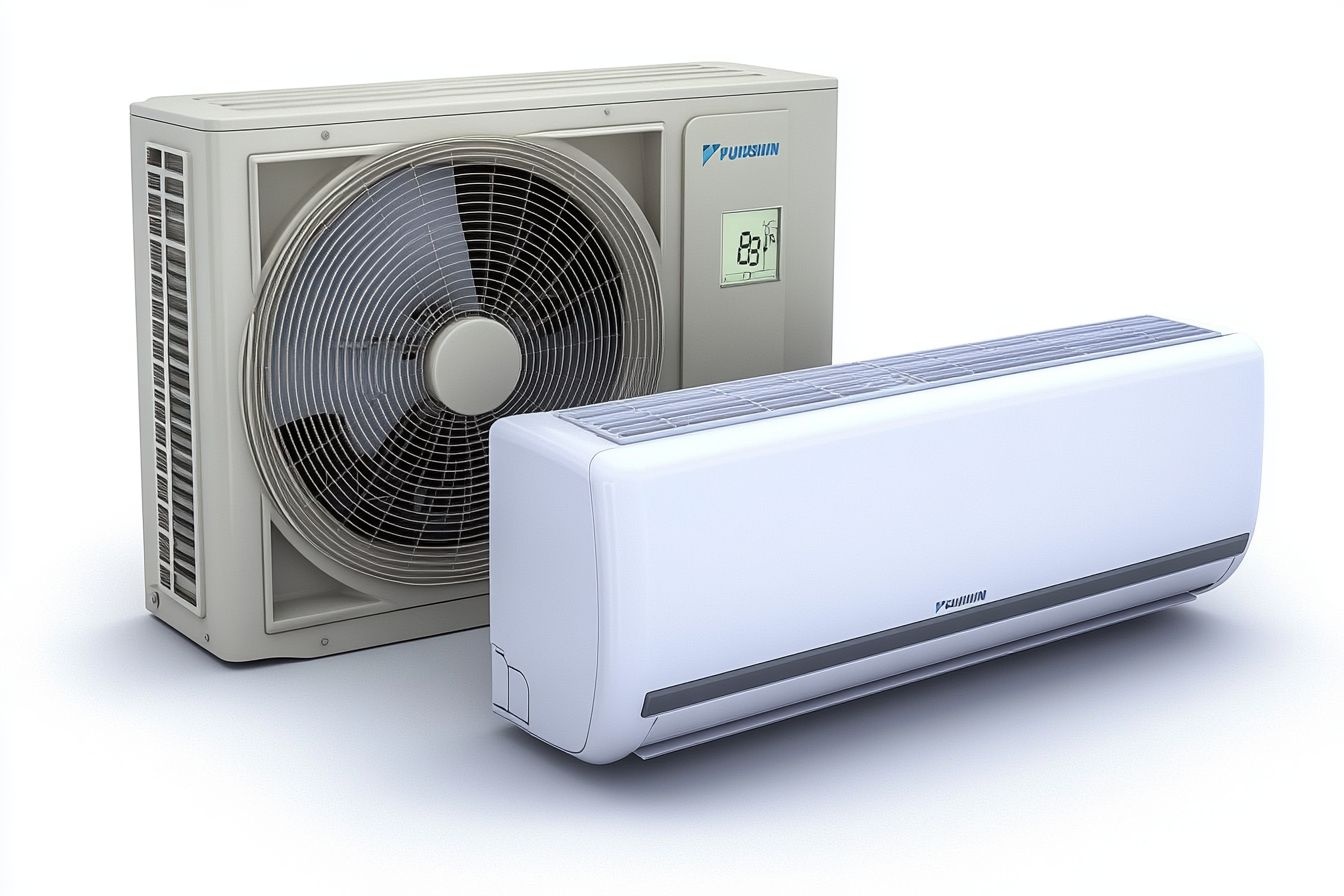Second Hand Alloy Wheels and Tyres: Advantages, Pricing, and Buying Guide
Purchasing second-hand alloy wheels and tyres represents a practical option for vehicle owners looking to upgrade their car's appearance and performance without breaking the bank. This comprehensive guide explores the benefits of buying used wheels and tyres, how their prices compare to new ones, where to find reliable options, and crucial considerations to ensure you make a smart investment that meets both your vehicle's requirements and personal preferences.

Second-hand alloy wheels and tyres offer an economical alternative to buying brand new components while still providing significant benefits for vehicle owners. Whether you’re looking to enhance your car’s appearance, improve performance, or simply replace damaged wheels, the pre-owned market presents numerous opportunities. This guide will help you navigate the advantages, pricing considerations, and important factors when purchasing used alloy wheels and tyres.
What Are the Advantages of Second-Hand Alloy Wheels and Tyres?
Opting for second-hand alloy wheels and tyres comes with several compelling benefits. The most obvious advantage is cost savings—pre-owned wheels typically cost 40-60% less than their brand-new counterparts, making them accessible for budget-conscious car enthusiasts. Beyond affordability, second-hand alloys often include tyres in the package, providing additional value. Many used wheels are also already “broken in,” meaning any manufacturing defects would have already become apparent, reducing the risk of unexpected issues.
Environmentally conscious consumers will appreciate that purchasing second-hand wheels contributes to sustainability by extending the lifecycle of automotive components and reducing manufacturing demand. Additionally, the used market offers access to discontinued or rare designs that might no longer be available new, allowing for unique customization options for your vehicle.
How Do Second-Hand Alloy Wheels and Tyres Prices Compare to New Ones?
The price difference between new and second-hand alloy wheels is substantial. New factory alloy wheels can cost anywhere from $150 to $500+ per wheel depending on size, brand, and design, with premium brands commanding even higher prices. In contrast, used alloys typically sell for $50-$200 per wheel, representing savings of 50-70%.
When tyres are included with second-hand wheels, the value proposition becomes even more attractive. A new set of quality tyres alone can cost $400-$800, while a complete set of used alloys with decent tread remaining on the tyres might cost $300-$600 total. The condition significantly impacts pricing—wheels with minimal curb rash and tyres with substantial tread life remaining will command higher prices in the second-hand market, but still represent considerable savings compared to buying new.
Where to Buy Second-Hand Alloy Wheels and Tyres?
Numerous marketplaces cater to those seeking used alloy wheels and tyres. Online platforms like eBay, Facebook Marketplace, and specialized automotive forums provide extensive listings with the advantage of photos and detailed descriptions. These digital marketplaces often allow for price comparison across multiple sellers and regions.
Local options include salvage yards and auto recyclers, which typically offer lower prices but require more hands-on inspection. Specialized wheel and tyre shops frequently maintain an inventory of quality used options that have been professionally inspected. Many also offer fitting services and can provide expert advice on compatibility. Car enthusiast meets and swap meets represent another avenue for finding unique wheel sets, often with opportunities to negotiate prices directly with sellers who understand their products.
How to Find the Right Price for Second-Hand Alloy Wheels and Tyres?
Determining a fair price for used wheels and tyres requires research and assessment of several factors. Begin by identifying the exact specifications needed for your vehicle—diameter, width, bolt pattern, offset, and center bore—as these parameters directly affect compatibility and value. Research the original retail price of the wheels when new, then expect to pay roughly 30-60% of that amount depending on condition.
The age and condition of both the wheels and tyres significantly impact value. Inspect for structural damage like cracks or bends in the wheels, which substantially reduce their worth and safety. For tyres, check the manufacturing date (indicated by a four-digit code on the sidewall) and tread depth—tyres over 6 years old or with less than 4/32” of tread have minimal value. Seasonal timing also affects pricing; winter wheels and tyres command premium prices in fall, while summer sets sell better in spring.
What Should You Consider When Buying Second-Hand Alloy Wheels and Tyres?
Compatibility is the foremost consideration when purchasing used wheels. Verify that the bolt pattern, offset, diameter, width, and center bore match your vehicle’s specifications. Using incompatible wheels can cause handling issues, excessive wear, and safety hazards. Always check the load rating to ensure the wheels can support your vehicle’s weight.
Thoroughly inspect used wheels for structural integrity. Look for hairline cracks (particularly around lug holes), significant bends, excessive corrosion, or previous poor-quality repairs. For tyres, examine the tread depth (should be at least 4/32” for safe usage), sidewall condition (free from cracks, bulges, or cuts), and manufacturing date (ideally less than 5 years old). Uneven wear patterns could indicate alignment issues with the previous vehicle.
Second-Hand Alloy Wheels and Tyres: Pricing and Provider Comparison
| Source | Average Price (Set of 4) | Pros | Cons |
|---|---|---|---|
| Specialized Wheel Shops | $350-$700 | Professional inspection, warranties, fitting service | Higher prices than private sellers |
| Online Marketplaces | $200-$500 | Wide selection, competitive pricing | Shipping costs, no in-person inspection |
| Salvage Yards | $150-$400 | Lowest prices, immediate availability | Limited selection, no guarantees |
| Wheel Refurbishers | $400-$800 | Professionally restored, like-new appearance | Higher cost than standard used options |
| Private Sellers | $200-$450 | Direct negotiation, potential bargains | No warranties, variable condition |
Prices, rates, or cost estimates mentioned in this article are based on the latest available information but may change over time. Independent research is advised before making financial decisions.
When purchasing from private sellers, request documentation of the wheels’ history if available. Consider the reputation and policies of businesses selling used wheels—established shops often provide short-term guarantees against defects. Factor in additional costs like mounting, balancing, and potentially TPMS sensors if your vehicle requires them. Some sellers offer package deals including installation, which can represent good value.
The second-hand alloy wheel and tyre market offers substantial opportunities for savings while upgrading your vehicle’s appearance and performance. By understanding the advantages, researching appropriate pricing, identifying reliable sources, and carefully inspecting potential purchases, you can make informed decisions that balance cost-effectiveness with quality and safety. Remember that proper fitment is crucial not just for aesthetics but for vehicle handling and safety, making thorough research an essential part of the buying process.




